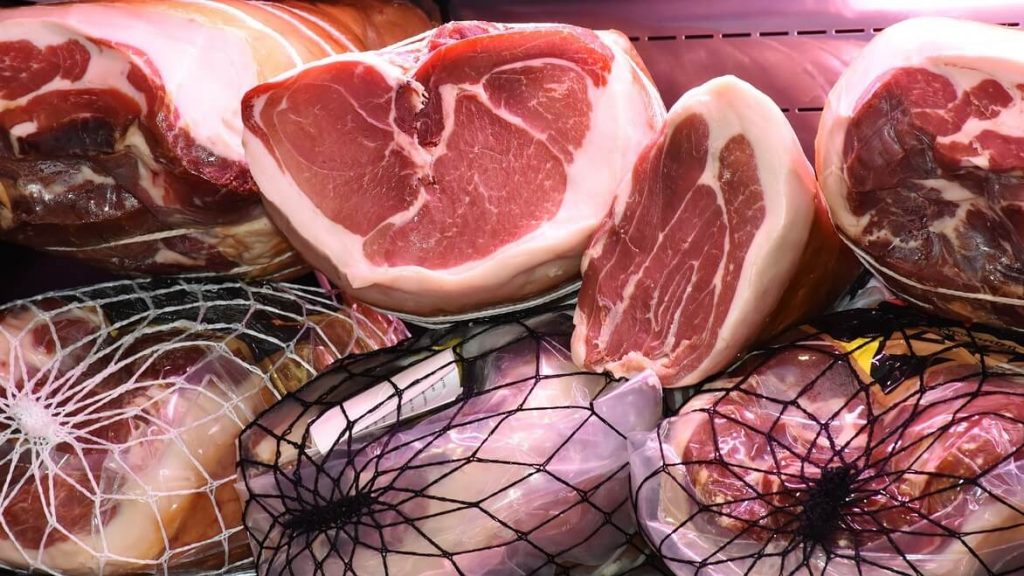Over 2.5 billion pounds of unsold red meat and poultry continue to fill U.S. warehouses as the stockpile reaches record highs.
According to new federal data from the United States Department of Agriculture, warehouses storing surplus pork, beef, turkey, and chicken are nearing maximum capacity.
The surplus of meat is attributed partly to trade disputes, following the Trump administration’s tariffs on Mexican and Chinese steel, amongst other goods. In retaliation, Mexico and China have imposed their own tariffs, making it harder for the U.S. to export animal products.
The surplus is also the result of a domestic shift away from animal products. With more Americans opting for a plant-based diet, demand for meat has dwindled.

Dairy consumption has also plummeted in the country. In June, the U.S. cheese stockpile “hit an all-time high” with the amount of cheese in reserves 16 percent higher than in 2016. According to The Washington Post, this is the biggest domestic reserve of cheese varieties on record. The news comes a year after reports from Market Watch revealed that America’s dairy milk stockpile was higher than ever, with 78 million gallons left over in 2017.
As yet more proof that the dairy industry is suffering, 338 dairy farms in Wisconsin closed down this year, amid the rise of vegan options. The biggest producer of dairy in the U.S., the state of Wisconsin, previously boasted 16,264 dairy farms; today, the total number sits at only 8,463.
Some U.S. producers are beginning to scale back as a result of these industry changes, reports the Wall Street Journal. Jim Heimerl, president of the National Pork Producers Council (NPCC), recently admitted that hog farmers “now face large financial losses and contraction… That means less income for pork producers and, ultimately, some of them going out of business.”
The stockpile level is so extreme that, according to the Wall Street Journal, the USDA has suggested a tax-payer funded welfare system for farmers. “The USDA has examined drawing upon Depression-era programs that permit borrowing of as much as $30 billion from the Treasury as a way to compensate farmers for tariff-driven price declines,” the publication noted.
Regardless of whether the proposed system moves forward, it remains clear that more animal products are being produced than can be sold.


